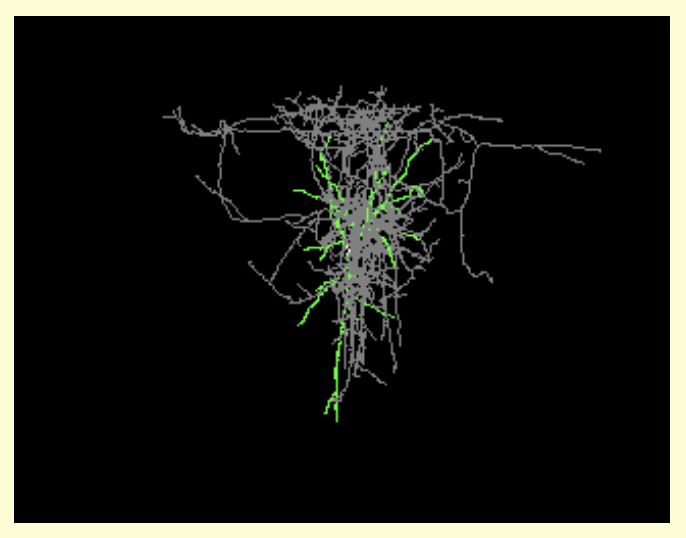Reduced lysosomal density in neuronal dendrites mediates deficits in synaptic plasticity in Huntington's disease.
Huntington's disease (HD) usually causes cognitive disorders, including learning difficulties, that emerge before motor symptoms. Mutations related to lysosomal trafficking are linked to the pathogenesis of neurological diseases, whereas the cellular mechanisms remain elusive. Here, we discover a reduction in the dendritic density of lysosomes in the hippocampus that correlates with deficits in synaptic plasticity and spatial learning in early CAG-140 HD model mice. We directly manipulate intraneuronal lysosomal positioning with light-induced CRY2:CIB1 dimerization and demonstrate that lysosomal abundance in dendrites positively modulates long-term potentiation of glutamatergic synapses onto the neuron. This modulation depends on lysosomal Ca2+ release, which further promotes endoplasmic reticulum (ER) entry into spines. Importantly, optogenetically restoring lysosomal density in dendrites rescues the synaptic plasticity deficit in hippocampal slices of CAG-140 mice. Our data reveal dendritic lysosomal density as a modulator of synaptic plasticity and suggest a role of lysosomal mispositioning in cognitive decline in HD.
Pubmed ID: 38096054 RIS Download
Additional research tools detected in this publication
None foundAntibodies used in this publication
- Donkey anti-Mouse IgG (H+L) Highly Cross-Adsorbed Secondary Antibody, Alexa Fluor™ 488 (RRID:AB_141607)
- Alexa Fluor 647-AffiniPure Fab Fragment Donkey Anti-Rabbit IgG (H+L) (RRID:AB_2340626)
- Alexa Fluor 488-AffiniPure Donkey Anti-Rabbit IgG (H+L) (RRID:AB_2313584)
- Anti-Homer1 mouse monoclonal antibody L113/13 (RRID:AB_2721065)
- Anti-PSD-95 Antibody (RRID:AB_2292909)
- Anti-LAMP1 antibody - Lysosome Marker (RRID:AB_775978)
Associated grants
NonePublication data is provided by the National Library of Medicine ® and PubMed ®. Data is retrieved from PubMed ® on a weekly schedule. For terms and conditions see the National Library of Medicine Terms and Conditions.
This is a list of tools and resources that we have found mentioned in this publication.
Donkey anti-Mouse IgG (H+L) Highly Cross-Adsorbed Secondary Antibody, Alexa Fluor™ 488 (antibody)
RRID:AB_141607
This polyclonal secondary targets IgG (H+L)
View all literature mentionsAlexa Fluor 647-AffiniPure Fab Fragment Donkey Anti-Rabbit IgG (H+L) (antibody)
RRID:AB_2340626
This unknown targets Rabbit IgG (H+L)
View all literature mentionsAlexa Fluor 488-AffiniPure Donkey Anti-Rabbit IgG (H+L) (antibody)
RRID:AB_2313584
This polyclonal secondary targets IgG (H+L)
View all literature mentionsAnti-Homer1 mouse monoclonal antibody L113/13 (antibody)
RRID:AB_2721065
This monoclonal targets HOMER1
View all literature mentionsAnti-PSD-95 Antibody (antibody)
RRID:AB_2292909
This monoclonal targets PSD 95
View all literature mentionsAnti-LAMP1 antibody - Lysosome Marker (antibody)
RRID:AB_775978
This polyclonal targets LAMP1
View all literature mentionsB6J.129S1-Htttm1Mfc/140ChdiJ (organism)
RRID:IMSR_JAX:027409
Mus musculus with name B6J.129S1-Htttm1Mfc/140ChdiJ from IMSR.
View all literature mentions




